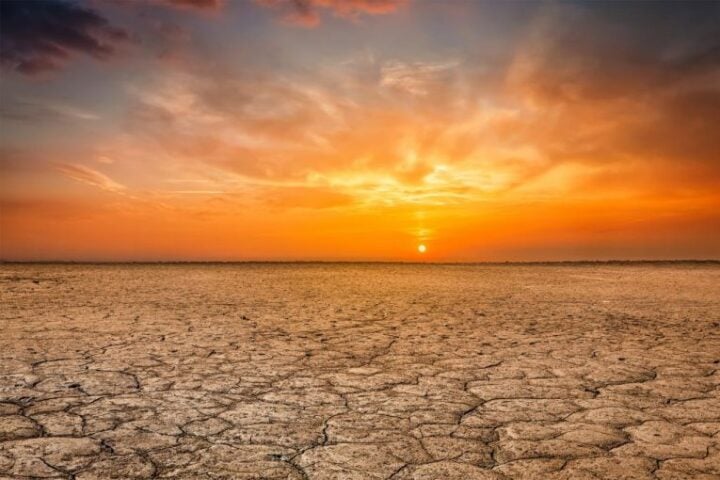BY OLUSHOLA OWOJAIYE
The gale of climate-induced disasters in Africa is a clear indication that we cannot continue business as usual. From Egypt to Zimbabwe, to Burkina Faso, and even Nigeria, there are overwhelming evidence of climate change.
Erratic weather conditions, drought, and flooding have collided in recurring patterns to inflict pain on Africans and cripple our socioeconomic activities. In the face of this crisis, resilience is our only way out. Thankfully, Africans are resilient by nature.
It’s often said, “Heaven helps those who help themselves.” We must seize the initiative to initiate a process of recovery and ultimate freedom from the incessant climate-related disasters, rather than waiting for foreign aid. It is we who bear the brunt of climate change, so the solutions must also originate from us.
Advertisement
A typical case in point is the adaptive strategy employed by Malawian women, who, in response to the adverse impacts of climate change, developed a method of producing wine from banana trunks.
This innovation not only provided an alternative source of income but also underscored the critical role of community-driven solutions in building resilience against environmental disruptions.
We can replicate this effort in agriculture, energy transition, construction, and transportation. We must aggressively pursue smart and soil-less agriculture to combat food insecurity that has plagued the continent for decades, if not centuries.
Advertisement
Also, our governments must be intentional about creating grazing reserves and operationalising them to address the ongoing farmers-herders crisis.
Food waste and all other forms of waste must be drastically reduced. The preponderance of oil-producing countries in Africa still flare gas, contributing to environmental degradation. It is time we take responsibility for reducing these wasteful practices and start embracing sustainable alternatives.
Besides these efforts, we must recognise the critical role of technology in shaping the future of climate adaptation. Africa has the potential to skip the traditional methods of development and advance seamlessly into innovative, sustainable technologies that can drive progress in energy, agriculture, and infrastructure.
We can harness the power of renewable energy, such as solar and wind, to not only provide electricity to off-grid communities but also create green jobs that will empower young Africans.
Advertisement
We need to prioritise climate education and awareness across the continent. Our people must be equipped with the requisite knowledge and tools to adapt to the changing environment.
Media outlets and other orientation agencies should be actively engaged in disseminating information about climate change and adaptation strategies, ensuring that we understand the challenges we face and the solutions we can implement.
It is equally important that our leaders take a proactive approach to climate governance. This means developing and implementing policies that support sustainable development, protect vulnerable populations, and incentivise green industries.
Governments must not only be reactive to climate impacts but also work to create a conducive environment for the adaptation and mitigation of these effects.
Advertisement
In conclusion, Africa must rise to the challenge of climate change, driven by its innate resilience and resourcefulness.
The solutions to our climate problems are not solely dependent on external aid; they lie within us — in our communities, our leaders, and our willingness to innovate. The time for waiting is over. Now is the time for action.
Advertisement
Owojaiye writes from Ilorin, Kwara state. He can be reached via [email protected]
Advertisement
Views expressed by contributors are strictly personal and not of TheCable.










